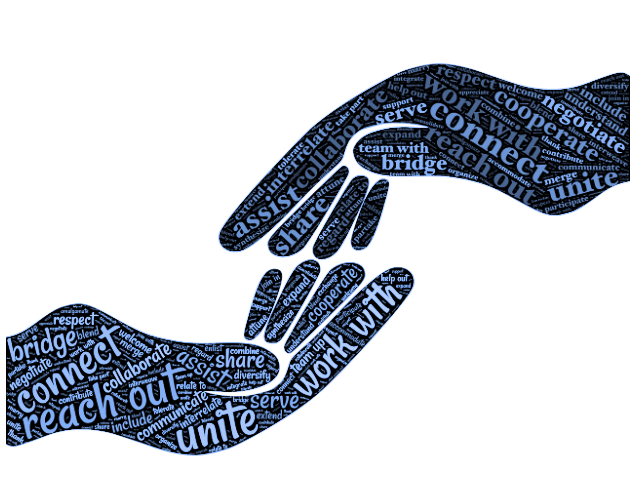Written by Kayla Grant
How can community organizations tell compelling stories of their impact when they’re too busy making an impact? This question prompted the Ginsberg Center to launch Storytelling for Social Change (SFSC) in Summer 2022. The pilot program brought together graduate and undergraduate students from diverse disciplines to help community organizations with projects that ranged from building a story bank–a searchable database of client quotations that illustrate an organization’s impact–to creating social media content. These products can set an organization up for long-term success by giving them the tools they need to share their message, reach out to their communities, and secure funding.
SFSC helps community organizations capture and share stories that illustrate the heart of their work, while creating skill-building opportunities for students. Over the course of ten weeks last Summer, SFSC students received training from Ginsberg staff–as well as consultants from across the University and beyond—on the elements of story collection and storytelling they would need to complete their projects. Workshop topics included community engagement best practices, qualitative data analysis, project management, data visualization, and content creation. However, much of the students’ learning happened on the job, where they coded data-sets, generated social media templates, and wrote blog posts for SFSC’s four Summer partners: Math Corps, the Leslie Science Center and Ann Arbor Hands On Museum, Habitat for Humanity of Huron Valley, and the Michigan Collaborative to End Mass Incarceration.
Ginsberg sees ever-increasing community requests for communications, marketing, and storytelling support; while this work is often critical to an organization’s success, it can be difficult to prioritize when staff capacity is low. One of SFSC’s summer partners was Math Corps, a Detroit-based organization that provides math enrichment and mentorship for middle school students in underserved communities. The Math Corps headquarters at Wayne State University housed thirty years of archived journals from students who had written about their learning experience on a weekly basis. These journals were a rich but untapped resource for participant testimonials that could help Math Corps communicate their impact. Math Corps sought SFSC’s help in digitizing and indexing these journals, a project that Mobashira Farooqi, the National Expansion Manager for Math Corps, said had been “repeatedly pushed to the back burner” due to the organization’s small staff. “This was a project Math Corps needed to work on for a very long time…Working with the SFSC team allowed us to finally have someone do the research needed to figure out the most efficient way to get our journals digitized. They provided a number of solutions, all of which will help us moving forward.” Ginsberg’s Community Technical Assistance Collaborative (CTAC) often handles projects that, like Math Corps’, capture and organize data about an organization or initiative. However, SFSC expanded Ginsberg’s Summer 2022 offerings by helping partners mine their data for social media and other communication purposes.
As in all Ginsberg programs and partnerships, SFSC strives to align community priorities with student learning goals. “I really loved that the project was learning based. I felt like I got so much out of it as a student,” said one undergraduate Math Corps consultant. Another noted that SFSC gave her team an opportunity “to take our different facets of skills and diversity of experience to try and help community partners in a more sustainable and robust way.” SFSC students came from wide-ranging academic backgrounds and skill levels–undergraduate and graduate from engineering and urban planning, linguistics and social work, design and psychology–drawn together by a pull towards impactful stories and community-engaged learning.
In order to refine and expand SFSC’s future work, Ginsberg is currently seeking campus partners interested in communications, marketing, journalism, graphic design, and video production. If you, your students, or your organization have expertise in these areas, please contact [email protected] to find out how you can help our incredible community partners tell their stories.

